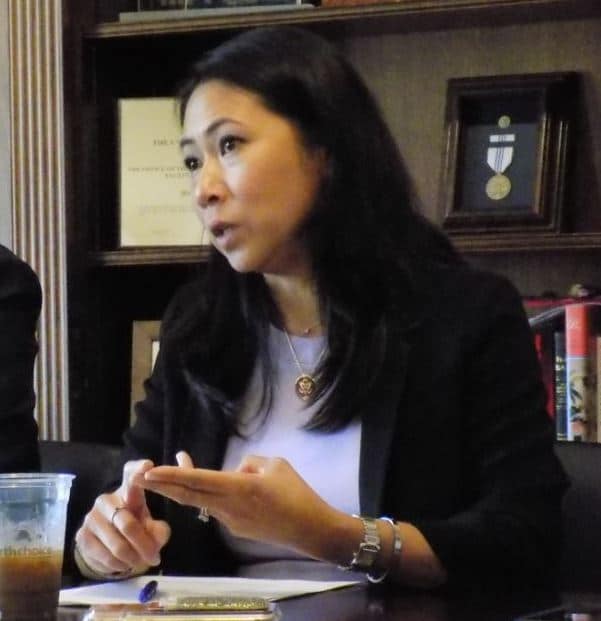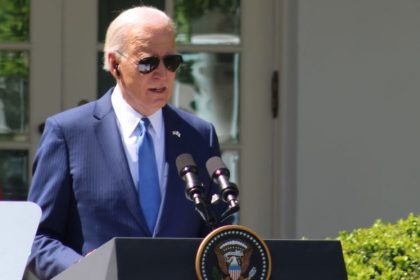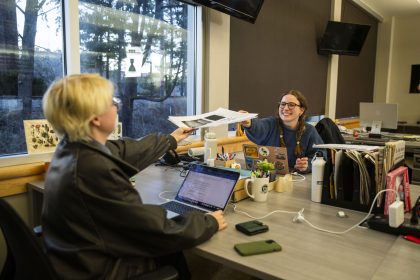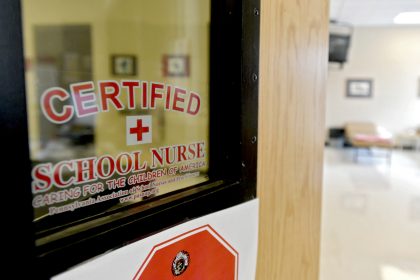Murphy, Diaz-Balart Lead Bicameral Push to Help School Districts Accommodate Hurricane Refugees

WASHINGTON – Reps. Stephanie Murphy and Mario Diaz-Balart, both of Florida, are leading a push in the House to ensure that states receive the extra education funding they need to accommodate refugee students from hurricane-ravaged Puerto Rico.
The bill, called the ELEVATE Act, has also been introduced in the Senate by Sens. Marco Rubio, R-Fla., and Chris Murphy, D-Conn.
It aims to improve the formula that the U.S. Department of Education uses to make grants to states so they can hire teachers and purchase instruction materials to help non-native English-speaking students learn the language.
The current funding formula does not fully capture students who relocate to a state from Puerto Rico, where Spanish is the primary language of instruction. The bill will correct this flaw, which will be especially helpful to states like Florida and Connecticut that have large and growing Puerto Rican populations.
Between 2010 and 2017, Florida’s Puerto Rican population rose from 864,000 to 1.1 million—a 27 percent increase. Connecticut’s Puerto Rican population increased from 264,000 to 292,000—an 11 percent jump.
“This bill is personal for me because I grew up in a household where my parents spoke only Vietnamese and I learned English in school,” said Rep. Murphy, a Democrat.
“I know firsthand how important it is for young people in this country to become proficient in English. It opens doors of opportunity that would otherwise remain shut,” she continued. “This bipartisan legislation will ensure schools in Florida and other states receive the federal resources they need to help English-learning students succeed in the classroom and beyond.”
Rep. Diaz-Balart, a Republican, said the Act is a big win for Miami-Dade County, as they receive more English Language Acquisition funding than any other county in Florida.
“This bill ensures that states and schools receive the necessary means to provide high-quality English education to the students who relocate from Puerto Rico, who were not previously accounted for in the Department of Education’s formula,” he said. “I’m proud to work with Rep. Stephanie Murphy on the House version of this legislation, and I look forward to the positive impact this will have in my community.”
Sen. Rubio also expressed pride in working with Murphy on the effort, saying “this bill will allow Puerto Rican students to be fully counted in the annual grant allocation that states receive under the English Language Acquisition grant program.”
“As the son of a former English language learning teacher, I know how important it is that we adequately fund these programs in our schools,” Sen. Murphy said. “The failure to completely count newly arrived kids from Puerto Rico is unfair and I’m glad this legislation will make sure that states like Connecticut, with large numbers of families coming here from Puerto Rico, will get the funding they deserve.”
Under federal law, the U.S. Department of Education provides annual English Language Acquisition grants to state educational agencies, who provide most of that funding to school districts in the state. School districts use these grants to help K-12 public school students who are trying to learn English.
The bill would increase the amount of funding that Florida and Connecticut—and certain other states—receive each year by fixing a flaw in the current funding formula that does not adequately account for the number of students that have migrated from Puerto Rico.
The bill makes this change in a way that recognizes and respects that families that relocate from Puerto Rico are American citizens moving from one U.S. jurisdiction to another.
The full text of the bill can be viewed here.
























